Managing stress and anxiety is an important step in healing your mental health. While stress is a natural response to any challenge, anxiety is a chronic mental health disorder. This is the most common mental health diagnosis in the U.S., and there are several methods to combat it. Cognitive behavioral therapy is one effective technique, while other strategies include self-awareness and mindfulness. However, there is no single solution for anxiety and stress.

Self-awareness
The key to effective self-management is building an understanding of yourself and your emotions. When you are aware of yourself, you don't let your emotions control your actions. Instead, you're confident and willing to look at yourself honestly. You know your strengths and weaknesses, and you're aware of how they impact your day. When you know yourself well, you can develop strategies for handling situations that cause you to become stressed out and anxious.
Cognitive behavioral therapy
In cognitive behavioral therapy, you learn to control your thoughts in the presence of anxiety. Cognitive behavioral therapy involves learning to control your thoughts and feelings, which will eventually help you manage your stress levels. You can practice CBT skills by recording them in a journal or using an app. In addition, you can evaluate how you behave during anxious times and determine how they impact you in the short and long term. CBT is an excellent treatment option for those who suffer from chronic stress and anxiety.
Mindfulness
One of the latest studies on mindful meditation suggests it is effective for easing psychological stresses. Researchers at Johns Hopkins University examined nearly 19,000 studies focusing on meditation, and found 47 that dealt specifically with the issues discussed in the study. Based on their findings, mindfulness may be an effective way to manage psychological stress. However, the study was limited by some flaws, which are discussed below. Mindfulness is not a cure-all, but it can be an important tool in your arsenal of stress-reduction techniques.
Exercise
The U.S. Department of Health and Human Services recommends that adults participate in 75 minutes of acute physical activity each week, along with 150 minutes of moderate physical activity. However, some people experience panic attacks after exercising, so it's important to start slowly and build a consistent exercise program. In addition, exercise for anxiety can be a powerful tool for reducing the impact of anxiety and stress. If you are having a hard time finding time to exercise, you may want to consult a psychologist or other health care provider.

Keeping a healthy "baseline"
Managing stress and anxiety requires a healthy baseline. This baseline should consist of adequate sleep, regular exercise, nutritious diet, healthy relationships, and regular periods of relaxation. Learning more about stress and anxiety can help you manage it better and prevent it from becoming chronic. Here are a few techniques that will help you reduce your stress and anxiety: